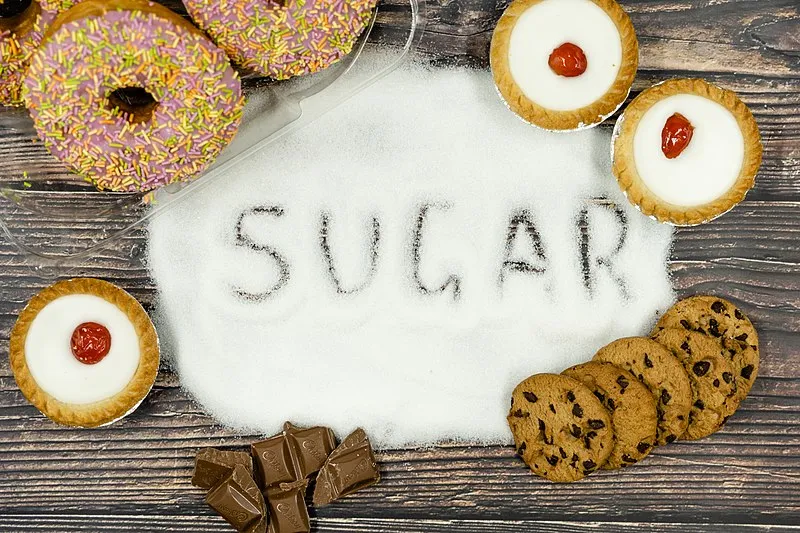
We are using the sugar to much, for instance in the coffee, in the tea, or in food that we are prepared and making in our kitchens. And we need sugar for different purposes, but the main thing is getting things more sweetly!
The first chemically refined sugar appeared on the scene in India about 2,500 years ago. From there, the technique spread east towards China, and west towards Persia and the early Islamic worlds, eventually reaching the Mediterranean in the 13th century. Cyprus and Sicily became important centres for sugar production.
We should always have the scientific attitudes for thinking, feeling and actions in our lives, and the more education we have, the more we know, and sometimes we are much unsure about general and specific antecedents, processes and outcomes. And sugar is a product we should learn to use. And as professor Henry Mintzberg is teaching, also at NHH in Bergen when his plane came from London, we should do and think, and think and do! So, that is how the brain is functioning in the same or in the different places as for any other individual with the same human nature in the nature. The management role is about understanding communication from different persons in different role, scheduling the working processes, framing the brand, and to give and to take information. The best thing for a leader is to plan the work for the employee in the ways that are sensible doings.
Although the main reason for the use of sugar is its sweet taste, sugar has many other functions in food technology. The most important among these are that added sugar in foods acts as a sweetener, preservative, texture modifier, fermentation substrate, flavouring and colouring agent and bulking agent.
But where should we use the sugar? We can use it in the different ways that our brains explain, explore, and where we feel comfort with it. But the following areas are good for the sugar usage:
- Health. 2. Medicine. Sugar is used for coating, adding volume or texture, and flavoring medicine. 3. Cure hiccups. 4. Bee stings and bug bites. 5. Mouth burn from spicy or hot foods 6. Soothe a sore throat. 7. Soothe babies. 8. Healing wounds.
So, we are using sugar for different purposes, but often we use it in daily life situations, and we should find the ways we have to use the sugar, and we should be confident with using sugar as we want and can imagine. Find out for yourself and be inspired into the habit of happiness with your philosophy as a sweet tooth. Eating sweets may even help you live longer! So more sugar can be better than less sugar or none sugar, and this is nice to know for a knowledgeable researcher, thinker and developer.
There are over 61 different names for sugar. Some are familiar, such as high-fructose corn syrup. Some names — like mannose — may not sound like sugar at all. It's important to understand how much sugar you're eating, because having too much sugar has been linked to many diseases. So, there is a balance here, as with many products in the life, and you should not use too much of it, and otherwise you should not use too little sugar! Over time, too much use of sugar can lead to a greater accumulation of fat, which may turn into fatty liver disease, a contributor to diabetes, which raises your risk for heart disease. Consuming too much added sugar can raise blood pressure and increase chronic inflammation, both of which are pathological pathways to heart disease.
If we are using too little sugar, we can get low blood sugar levels can also cause a variety of problems within your central nervous system. Early symptoms include weakness, lightheadedness, and dizziness. Headaches can occur from a lack of glucose, especially if you have diabetes. You may also feel signs of stress, such as nervousness, anxiety, and irritability.
You should use the sugar quantity that is recommended! And according to Harvard Health, sugar has a bittersweet reputation when it comes to health. Sugar occurs naturally in all foods that contain carbohydrates, such as fruits and vegetables, grains, and dairy.
Please do follow if you want to keep up with my next article. Any upvotes or reblogs are hugely appreciated!
Latest article, check out :
Optimize your workout; Being stronger in fitness and endurance and in running, cycling, strength and swimming!
Sverre Larsen
Kristiansand, Norway
Latest content: Travel, Art, Article, Poetry

